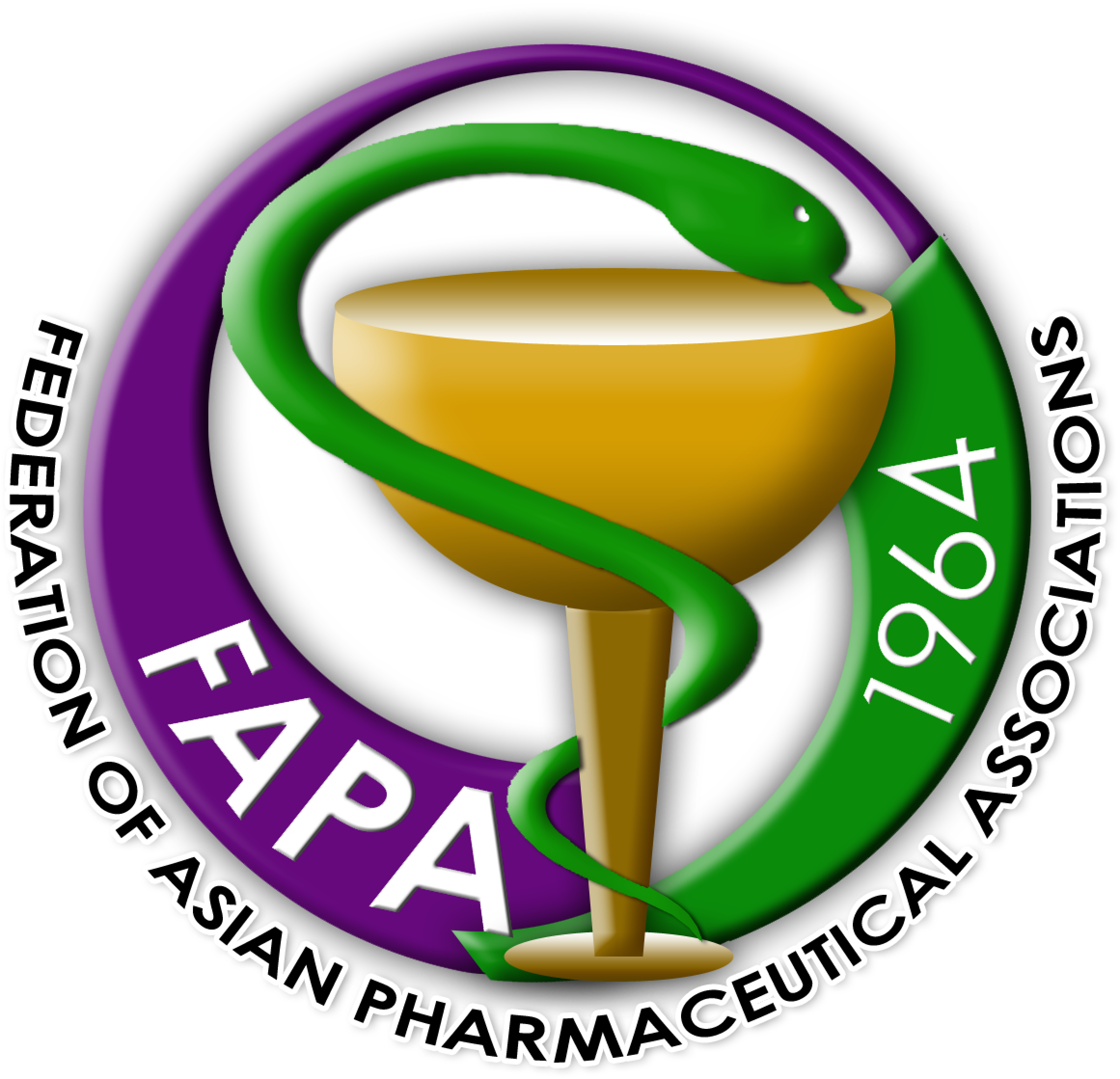Non Communicable Disease
July 31, 2016
Success Recruitment for International Volunteers for 2016 FAPA Congress
August 9, 2016Combating Chronic Non-Communicable Diseases (NCDs)
nOn 10 November 2016, FAPA officially announced its statement regarding NCDs during the opening ceremonies of the 26th FAPA Congress. This was drafted from a stakeholders’ forum and workshop conducted during the pre-congress session held on 9 November 2016 at the Bangkok International Trade and Exhibits Center (BITEC) in Bangkok, Thailand. The goal of the forum and workshop was to come up with cost-effective programs in health promotion, risk assessment, and interventions and to pledge their support to contribute significantly to the attainment of the global goals on non-communicable diseases.n
2016 FAPA Statement on NCDs
n
nFAPA recognizes the multiple and negative health and socio-economic impact of noncommunicable diseases in the Asian population. It acknowledges that conditions such as high blood pressure, obesity, high blood glucose andnhyperlipidemia are consequences of unhealthy diets, sedentary lifestyle, exposure to or use of tobacco, and alcohol intake, amongst a myriad of behavioral risk factors which are preventable and controllable. In addition, inequality in the access to, and responsible and rational use of medicines for NCDs must be given due attention to halt the progression of these diseases among diagnosed patients. Through a comprehensive and multidisciplinary approach,nreduction of risk factors and proper management of these diseases could be achieved. The pharmacist is trusted and viewed by FAPA as one important health professional who could make substantial contribution to the prevention and control of NCDs such as hypertension and diabetes. The pharmacists’ training and expertise together with theirnstrategic practice settings in the community, government and private health institutions, research and academic institutions, and health policy-makingbodies in Asia, are positioned to create, initiate, sustain, and be actively involved in programs and activities on health promotion, risk assessment, and treatment adherence in their respective countries together with all health professionals, patients, administrators, government agencies, and other stakeholders. As a federation of pharmaceutical associations in Asia with a mission of improving lives of people through good pharmacy practice, FAPA believes that its member associations can support the nine (9) global strategies advocated by the WHO which are:
n
n1. A 25% relative reduction in the overallnmortality from cardiovascular diseases, cancer,ndiabetes, or chronic respiratory diseases;n2. At least 10% relative reduction in the harmfulnuse of alcohol, as appropriate, within thennational context;n3. A 10% relative reduction in prevalence ofninsufficient physical activity;n4. A 30% relative reduction in mean populationnintake of salt/sodium;n5. A 30% relative reduction in prevalence ofncurrent tobacco use;n6. A 25% relative reduction in the prevalence ofnraised blood pressure or contain thenprevalence of raised blood pressure, accordingnto national circumstances;n7. Halt the rise in diabetes and obesity;n8. At least 50% of eligible people receive drugntherapy and counselling (including glycemicncontrol) to prevent heart attacks and strokes;nandn9. An 80% availability of the affordable basicntechnologies and essential medicines,nincluding generics, required to treat major noncommunicablendiseases in both public andnprivate facilities.
n
To achieve the above goals, FAPA through its member associations, had defined nine (9) possible interventions by which Asian pharmacists can provide pharmaceutical care and encourage healthy lifestyle, namely:n1. Wellness promotion and healthy lifestylenadvocacyn2. Smoking cessation programsn3. Public awareness campaigns on the healthneffects of alcohol and smokingn4. Nutrition educationn5. Physical fitness programsn6. Risk screening programs for hypertension andndiabetes and other NCDsn7. Programs on responsible and rational use ofnmedicines for various NCDs with focus onnhypertension and diabetesn8. Promotion of treatment adherence throughnpatient-centered counsellingn9. Active participation in multidisciplinary andngovernment-initiated programs on NCDsnincluding access to medicines
n
FAPA takes the responsibility of encouraging the adoption of the abovementioned programs and in gathering all evidences of the positive health and socioeconomic outcomes of the different approaches adopted by member associations. It will constantly provide a venue for country member associations to exchange expertise and experiences on NCD prevention and management and recognize resulting practice models which countries in the Region may adopt and implement. FAPA should also assist member associations in designing and implementing programs on: building capacity of pharmacy human resource; improving relationship with other healthcare professionals, clients and public; increasing influence in public health policy making; and, in ensuring sustainablenfinancing for NCD-related pharmacy initiatives and services. Lastly, FAPA will continuously work with variousnstakeholders to contribute significantly to the attainment of the global goals on non-communicable diseases. Together, as one family with a common mission, FAPA envisions better health for all Asians.


